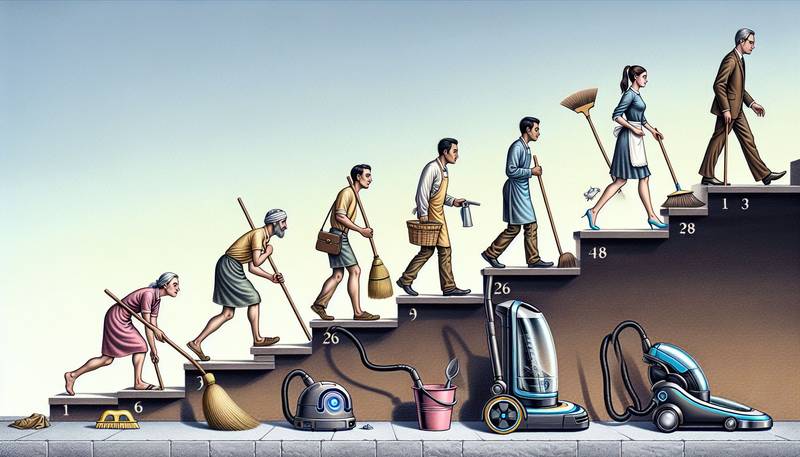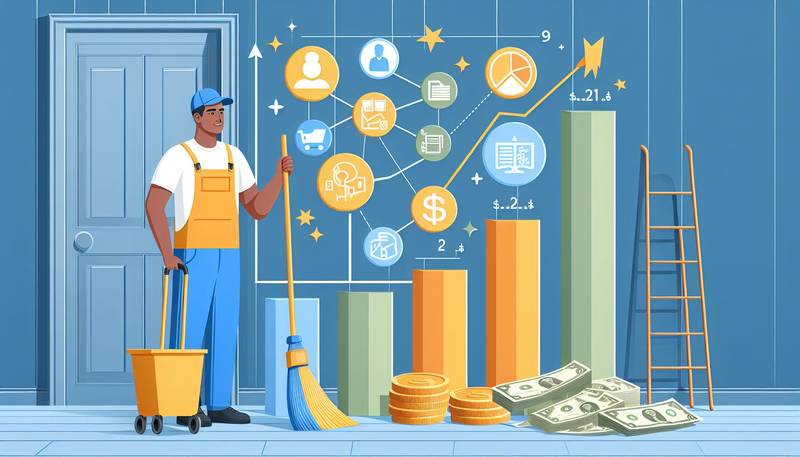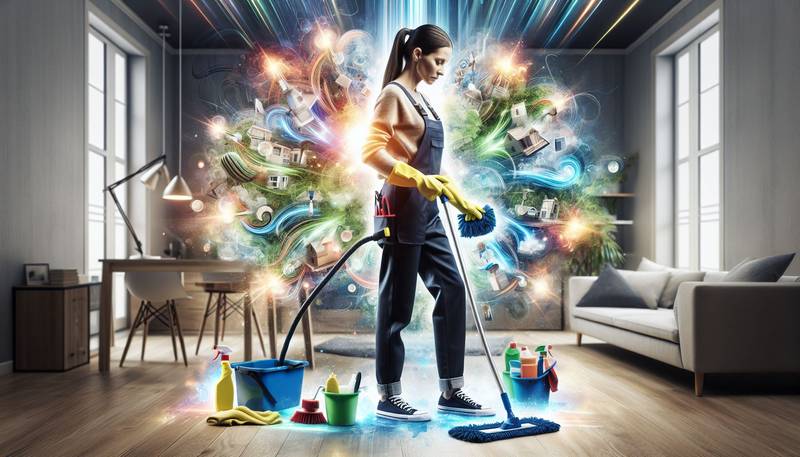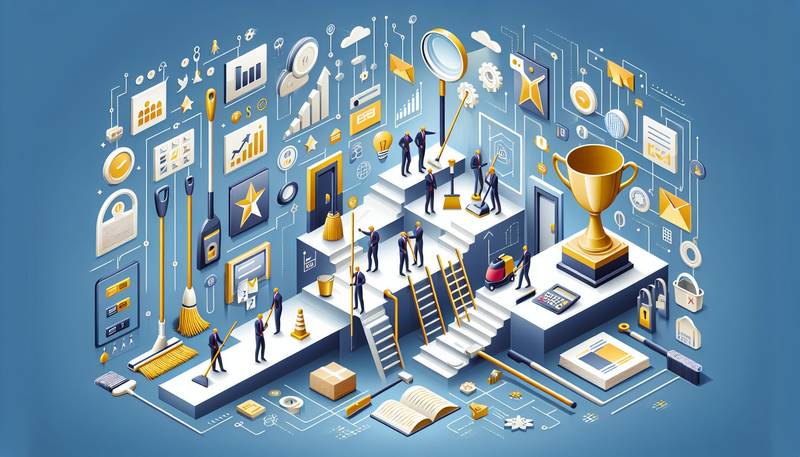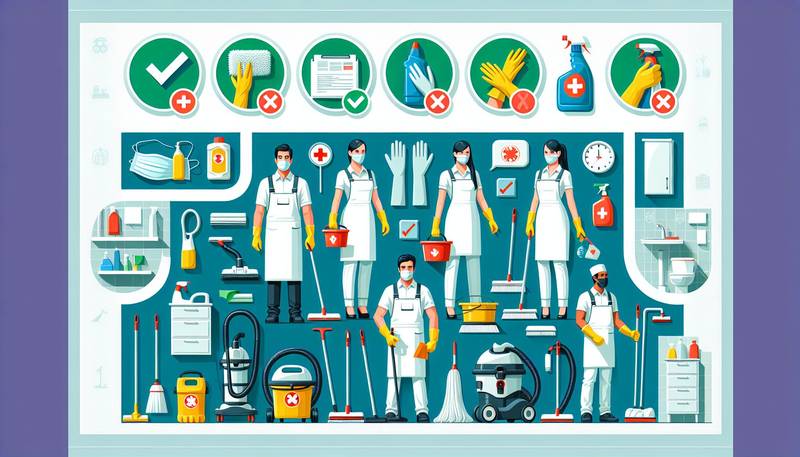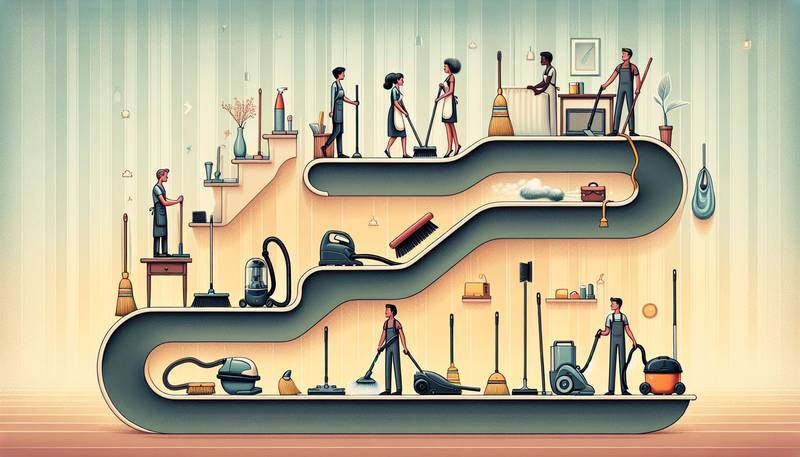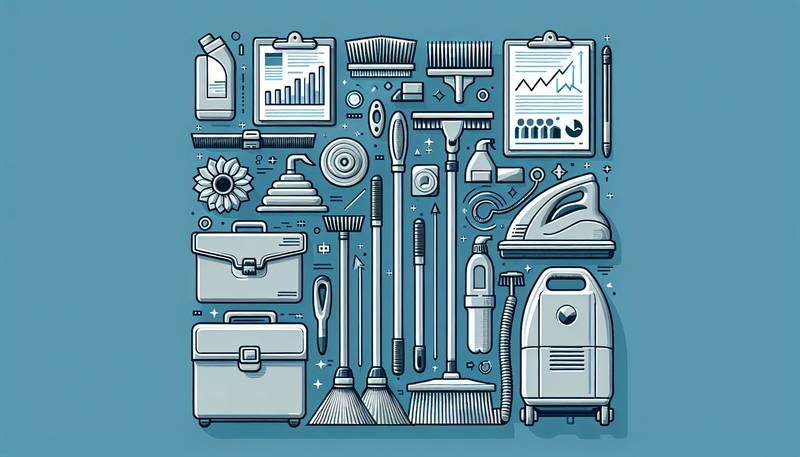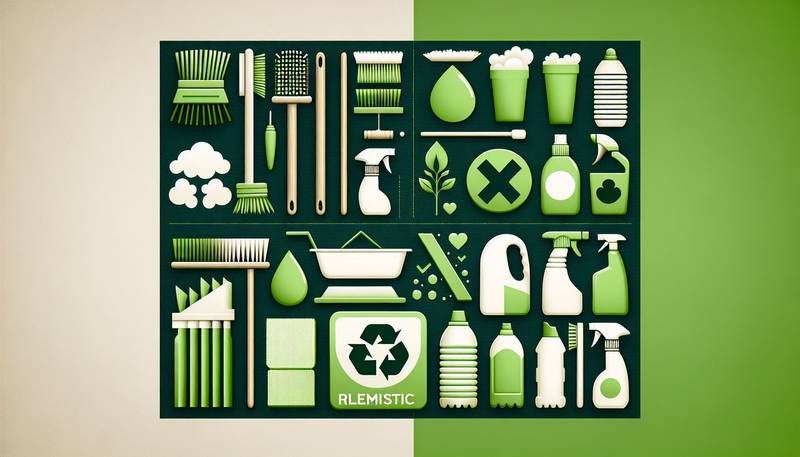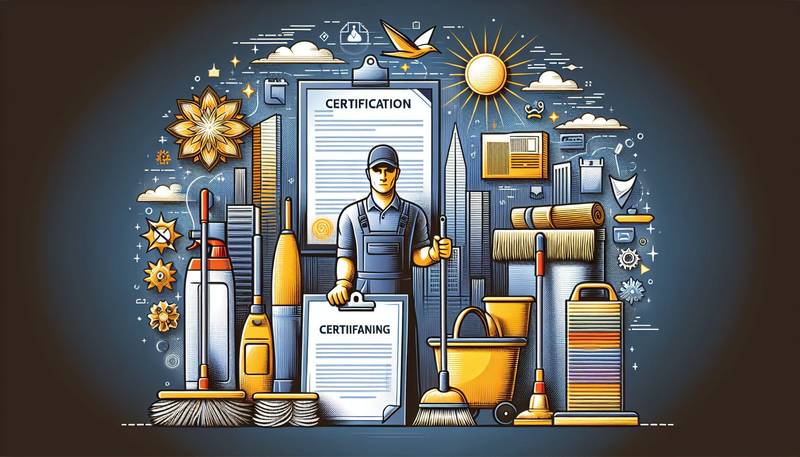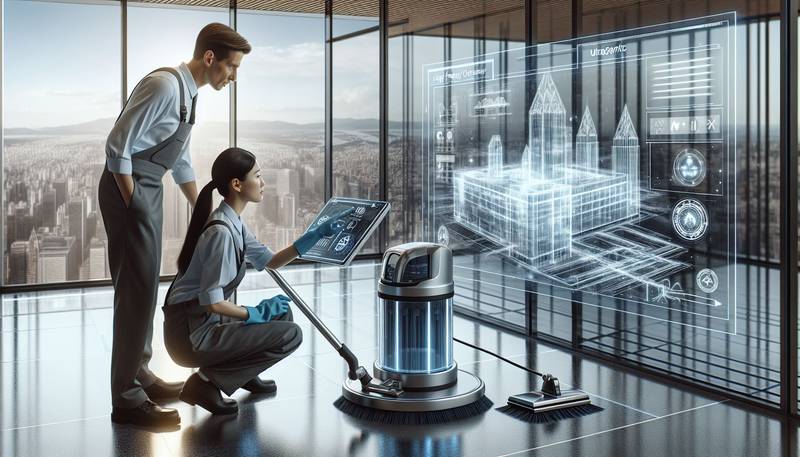The Evolution of Cleaning Jobs: How Technology is Changing the Landscape
From the invention of the vacuum cleaner to the development of robotic cleaning devices, technology has revolutionized the way we clean and maintain our homes and businesses.
A Brief History of Cleaning Jobs
Cleaning jobs have always been an essential part of human society, with individuals responsible for maintaining cleanliness in both public and private spaces. In ancient civilizations, cleaning was often seen as a menial task performed by servants or slaves, with little regard for hygiene or sanitation. However, as societies became more advanced and urbanized, the importance of cleanliness and hygiene became more apparent, leading to the development of more sophisticated cleaning practices and tools.
The Rise of Technology in Cleaning Jobs
The industrial revolution of the 19th century paved the way for significant advancements in cleaning technology, with the invention of the first mechanical vacuum cleaner by Hubert Cecil Booth in 1901. This early innovation revolutionized the way we clean our homes, making it easier and more efficient to remove dust and debris from carpets and floors. In the following decades, advancements in technology continued to shape the landscape of cleaning jobs, with the introduction of electric vacuum cleaners, steam mops, and other cleaning devices.
The Impact of Robotics in Cleaning Jobs
One of the most significant developments in recent years has been the rise of robotic cleaning devices, which have transformed the way we approach cleaning tasks in both residential and commercial settings. Robotic vacuum cleaners, such as the popular Roomba, can autonomously navigate and clean a home, saving users time and effort in maintaining cleanliness. Similarly, robotic floor scrubbers and window cleaners have also become increasingly popular in commercial settings, revolutionizing the way we clean large and complex spaces.
The Future of Cleaning Jobs
As technology continues to advance, the future of cleaning jobs looks increasingly automated and efficient. Advancements in artificial intelligence and machine learning are enabling robotic cleaning devices to become smarter and more versatile, capable of adapting to different environments and cleaning challenges. In addition, the rise of smart home technology is also impacting the way we clean our homes, with connected devices and sensors helping users monitor and maintain cleanliness with greater ease and convenience.
Conclusion
The evolution of cleaning jobs has been shaped by technology in significant ways, from the invention of the vacuum cleaner to the rise of robotic cleaning devices. As technology continues to advance, the landscape of cleaning jobs is likely to become increasingly automated and efficient, with smart devices and artificial intelligence playing a key role in shaping the future of cleanliness. While the role of a cleaner may have changed significantly over the years, one thing remains constant – the importance of maintaining cleanliness and hygiene in our homes and businesses.
